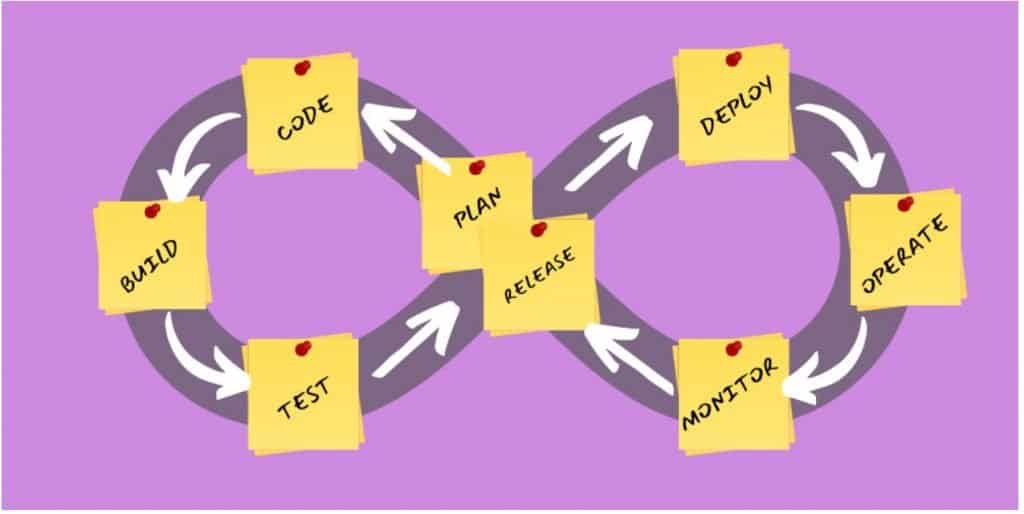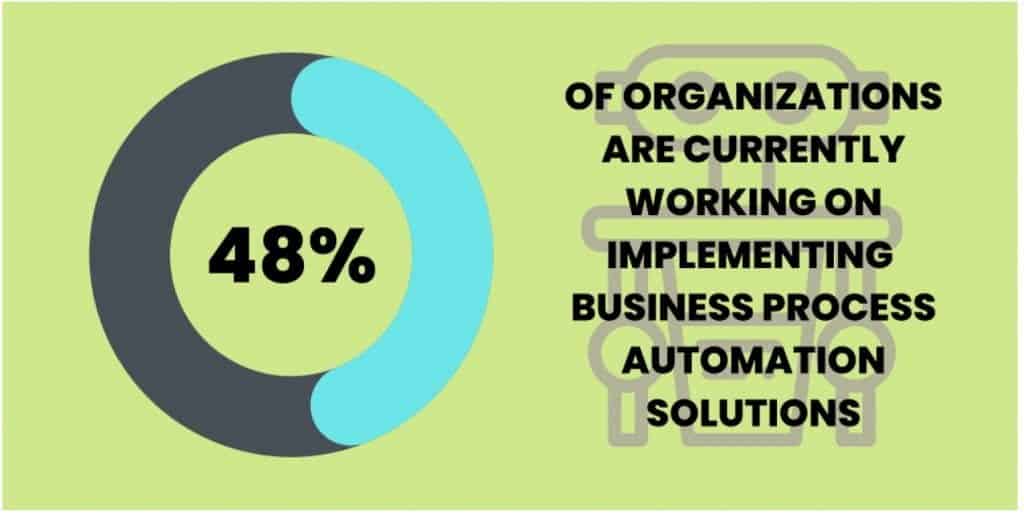What is Developer Experience and why is it important? Read on!
Table of Contents
ToggleThe work of a developer is a curious thing. Everyone depends on it, but few outside of the inner sanctum fully understand its intricacies.
While the same could be said for many in the often-fractured DevOps roster, without a Dev, the Ops wouldn’t have much to go on. With that in mind, businesses now realize that keeping problem-solving, creative, and highly-motivated Devs front and center in the playbook is vital.
And how are they achieving this? With a little thing called Developer Experience.
DevOps, an emerging framework, has the constant goal of bridging the gap between software development and IT operations, ensuring a consistent and meaningful output cycle.

Developer Experience should be seen as having the primary goal of making the Developer feel that gap doesn’t exist.
Sounds a bit… user experience-y?
It should! You may not be surprised to hear the field of Developer Experience takes many of its cues from UX.
The ease with which a Dev can fit into the DevOps cycle and HDFS system comes down to how effortlessly and for how long they can interact with their stack and workflow without an unnecessary roadblock.
This should sound vaguely familiar to anyone who knows their heatmaps from their hamburger icons.
So how is this achieved in the real world and what are some of the things businesses can do to start down the path of legendary Developer Experience?
Start from the beginning
New strategies require new beginnings. If you’re looking to adopt Developer Experience as a key consideration in your DevOps infrastructure, then it starts from day zero of your Developer’s professional journey.
Successful onboarding with clear, managed expectations into a tidy Dev House means your Developer is producing successful output ASAP. This is inspiring to a new hire. Importantly, too, it’s the right foot on which to foster retention and, eventually, peer mentorship.

At this point, your Dev team is almost entirely self-supporting, and an onboarding day is as organic as any other in production.
Good DX should come down to paving the way for your Devs to seamlessly push projects to production with as few roadblocks as possible. Current challenges around the recruitment of Devs with specific skill sets also means the focus on retention is more critical than ever.
Banish the gatekeeper
Removing blocks to problem-solving and increasing permissions to key production activities is essential for good DevOps transparency. Where possible, Devs should be provided with direct access to anyone within your company who makes critical decisions to address production needs quickly and effectively.
A good way to go about this is to introduce SLAs for key interdepartmental communication, meaning Developers are prioritized as much as any external client or higher-up.
While information security and wider IT security policies may not mean Developers can self administer, having clear lines of escalation documented will help Devs and the wider DevOps team kick over hurdles much more efficiently.
Create a conversation space
While a Dev working with pandas data frames might typically seem like a solitary beast, the development community is one in which self-service and collaborative problem solving are key to progress and innovation.
Creating a space in which Devs can communicate effectively and codify their code jam solutions will reduce impediments in workflow going forward.
Having the experience and wisdom of your team and their community counterparts in one place is a comforting thing for a new hire Dev. It speaks to your business’s priority toward transparency and legacy problem-solving.
Further, no Developer likes to come in and feel like they’re tidying up someone else’s mess. While a certain amount of handover is often to be expected, it shouldn’t fall to a new Dev to sift through the reject pile of problems before innovating their own solutions.
Clear, concise documentation makes legacy issues seem more surmountable and less like a hangover from apathetic predecessors.
Spend smart
Investing in cheaper solutions often ends up costing more. While no company goes blind into a purchase decision, some can fall into the trap of underestimating internal, experience-based consultation.
The best business process management software can look differently to purchasing execs looking in than it can to Devs on the ground. Ensuring they are front and center in purchasing decisions also puts the process front and center, making such decisions infinitely easier and measurably more beneficial.
Software that doesn’t integrate well or requires extensive cross-departmental training suddenly starts to bleed cost.
All this even before your Devs get to the point where they’re sick and tired of battling with solutions on which they were never consulted, resulting in them jumping ship. Now, some additional recruitment and onboarding costs come crawling out of the profit margins.
Wanting to work with new technologies is the driving force of almost 60% of Developers seeking alternative employment, so it should be clear how important the right tech choices are from the off.
It’s never too late to automate
Automation is now the norm for most businesses, from power dialer software to early-stage recruitment workflow. Why should it be any different for cornerstone processes like monitoring and testing in the DevOps lifecycle?
Simply, it shouldn’t!
Introducing automation, such as automated testing, to the feedback loop allows further transparency into DevOps and removes significant turnaround times between departments.

Avoid meetings about meetings
The life of a Developer is as much about quick problem solving as it is rapid-fire creative thinking, and neither of these things can afford to be cut off mid-flow with the needless minutiae of ‘This Could Have Been an Email’ meetups.
Realistically, what is a standup meeting if not to avoid unnecessary additional catch-ups that take Devs out of their flow, costing them valuable time picking up where they left off?
Make use of these times as much as possible and agree communication strategies with Devs throughout the day that minimize impact on workflow. This can be as much about Project Management strategy as it can be about keeping an ever-watchful eye on micromanagement creeping in unnecessarily.
Not every Dev needs to be part of every meeting. Trust and believe, and they’ll thank you for it.
I’m seeing some Developer Experience benefits here
You should! Good Developer Experience will result in a harmonious and stable work environment, which will, ultimately, aid in retaining top performers. World-class Developer Experience will create a market identity to attract new Devs keen to work where roadblocks to doing what they love are mitigated effectively and relatively non-existent.
Everyone in a chosen profession has to deal with the minutiae and busywork of the role they love. Devs are no exception, and that doesn’t mean this can’t, or shouldn’t, be mitigated.
A personalized, organic, and integrated Developer Experience solution is the right way to go about this. Keep your Devs happy, and you’ll be surprised how easily and frequently the DevOps cycle turns!




